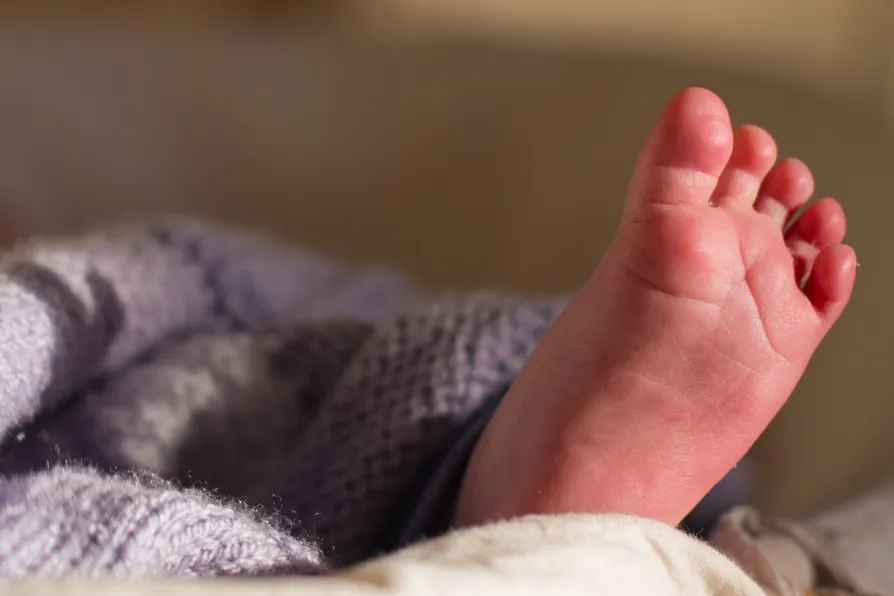Error message
An error occurred while searching, try again later.

GRIEVING families who say their babies were failed by Leeds Teaching Hospitals NHS Trust have welcomed the launch of an independent investigation into its maternity and neonatal services.
Health Secretary Wes Streeting, who met the families last week, said he was “shocked” by their accounts of “repeated maternity failures in Leeds, made worse by the unacceptable response of the trust.”
He added: “We have to give the families the honesty and accountability they deserve and end the normalisation of deaths of women and babies in maternity units.”
The families are waiting for the investigation’s terms of reference to be confirmed, but they believe that the police should be involved.
They also called for the inquiry to be led by senior midwife Donna Ockenden, who is already overseeing a review in Nottingham.
Fiona Winser-Ramm, whose daughter Aliona died in 2020, said: “It is imperative that Donna Ockenden is appointed to lead this review. Our girls all deserved a voice.
“Leeds Teaching Hospitals Trust have stolen that from all of us.”
Lauren Caulfield, whose daughter Grace died before birth in 2022, said she had been “dismissed and gaslit” by the trust and felt “almost blamed” for what happened.
“Suddenly, I feel quite relieved and vindicated that we are having this independent inquiry … We are going to get accountability,” she said.
The Care Quality Commission downgraded the trust’s rating to “inadequate” in June, citing serious safety risks and a “blame culture.”
Whistleblowers have since warned that units remain unsafe and a BBC investigation reported that at least 56 babies’ deaths since 2019 might have been preventable.
The hospital trust is one of 14 to be examined as part of a national investigation into NHS maternity and neonatal “failures,” led by Baroness Amos.
Maternity doctor Lorin Lakasing warned that there were “three groups who have collectively, albeit inadvertently, contributed to the demise of NHS maternity services.”
She said the first of these was service providers, “whose professionalism has been compromised by changes to teaching, training, mentorship, teamwork, clinical leadership and woeful staffing levels.”
“Second,” Dr Lakasing said, “[is] service organisers, who have been incentivised to spend vast resources on shaping the service to meet the needs of healthcare commissioners and healthcare regulators, rather than patients.
“[And third is] service users, who are influenced by anachronistic messages and social media-driven narratives which promise them certain birthing ideals and outcomes but leave them disappointed or even traumatised when things do not go according to plan.”
She said that the three groups must “recognise and address the part they have played in the progressive erosion of NHS maternity care and work together towards meaningful progress.”
Dr Lakasing warned: “This will take decades, so politicians who want quick fixes in time for the next general election should think twice before they promise anything to the electorate.”










